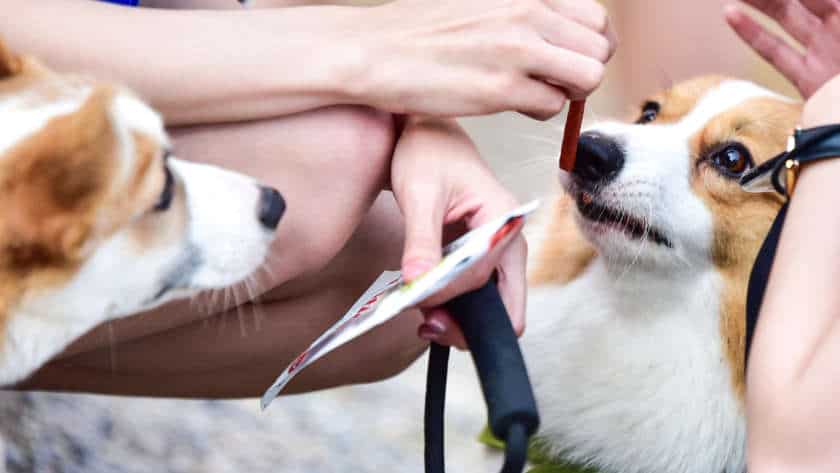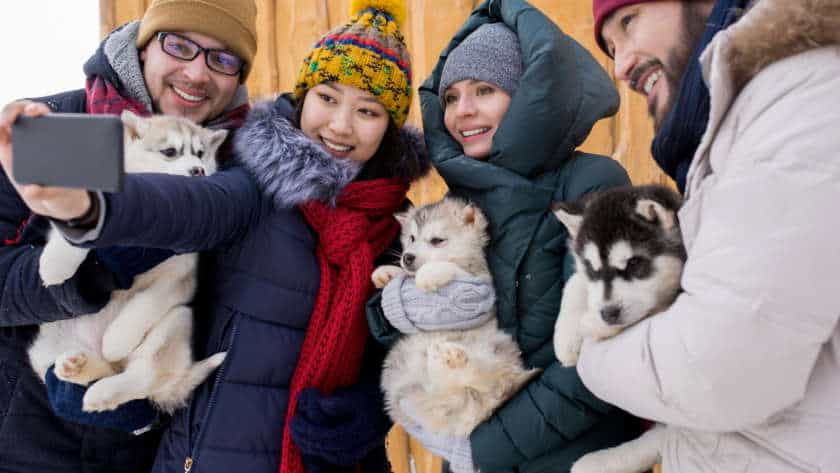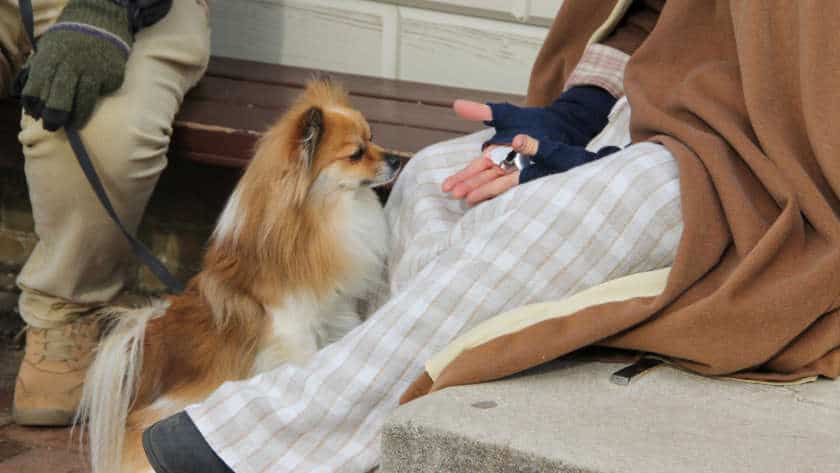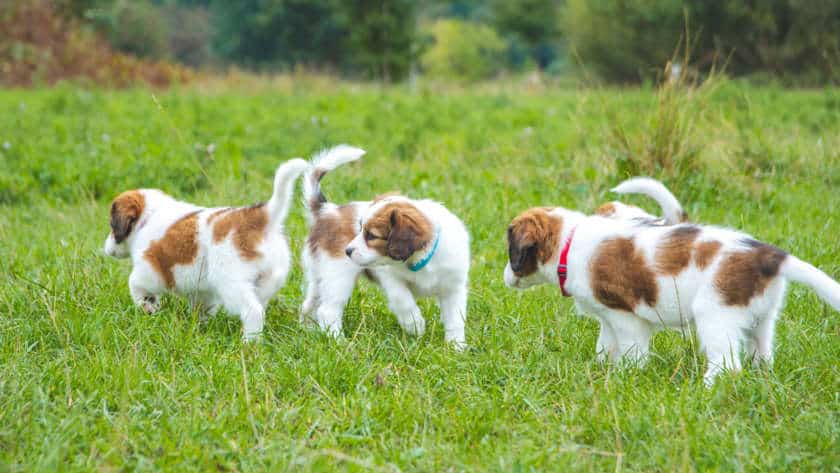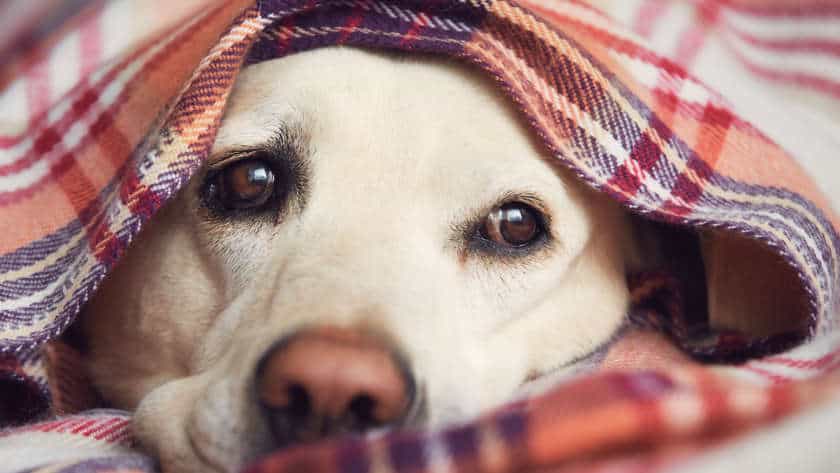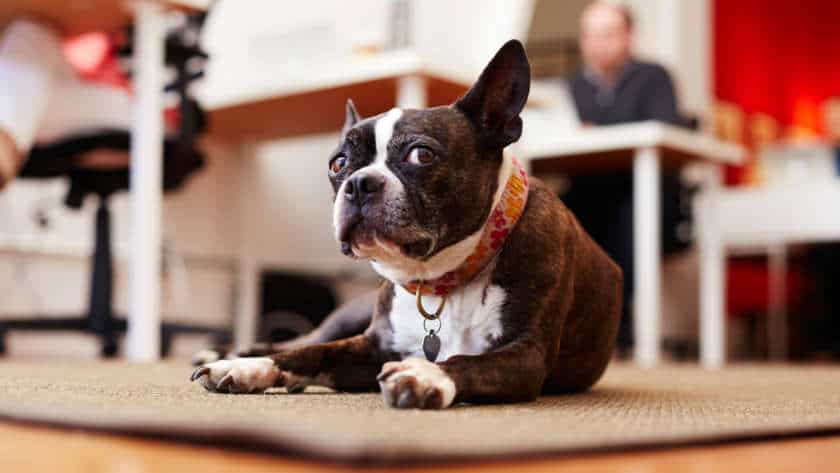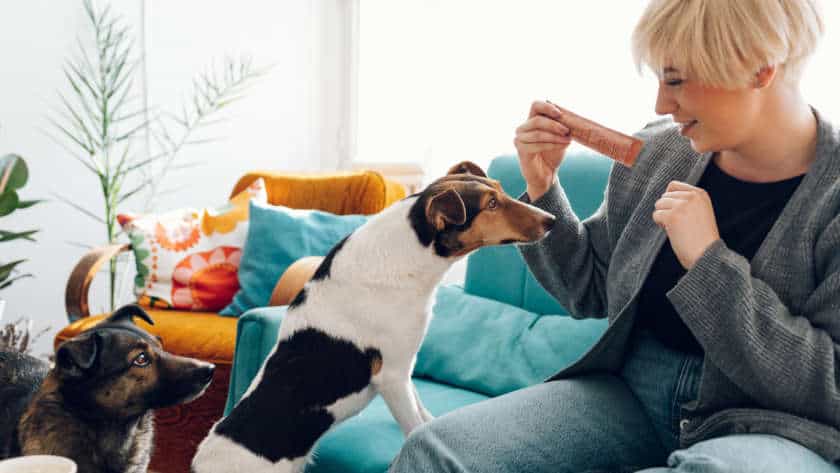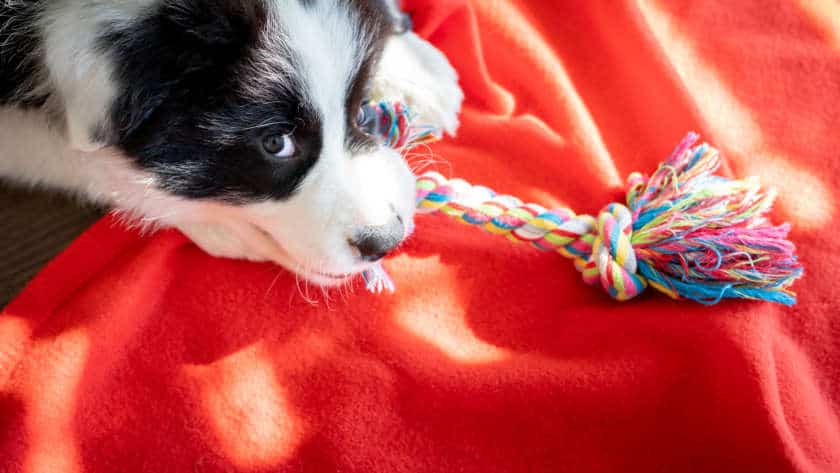Establishing Healthy Feeding Routines in a Multi-Dog Household Having a healthy feeding regimen for multiple dogs is key to guarantee proper nourishment, avoid food aggression, and keep harmony during mealtime. Here are some tips to achieve this:
Feed your dogs in separate areas. This stops food aggression and lets each pup eat at their own…
